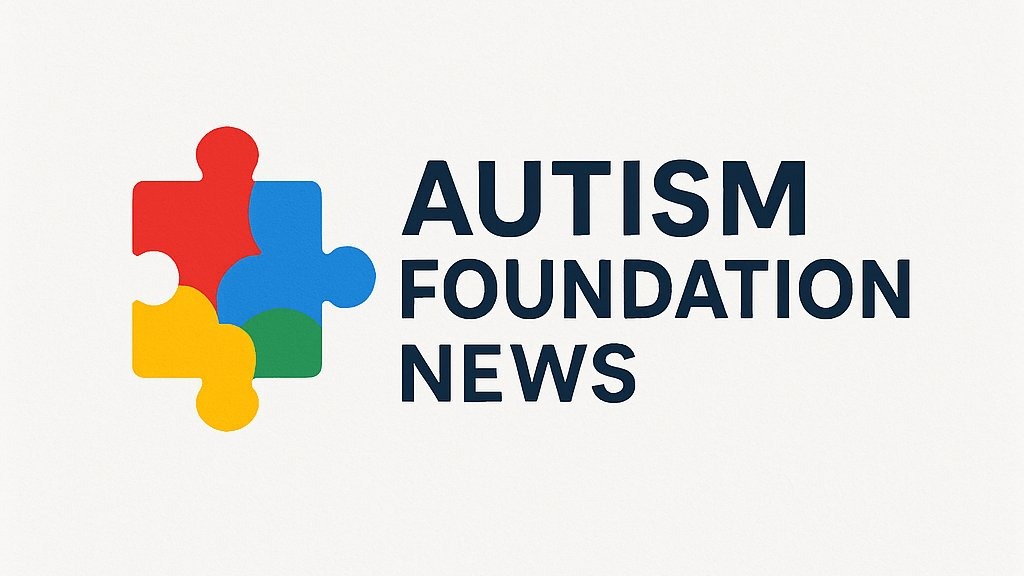
Discovering Gratitude: A Daily Practice
Gratitude is often seen as a response to significant life events, like landing a new job or celebrating a milestone. However, adopting a daily gratitude practice can deepen our understanding of appreciation, particularly in the small, everyday moments that tend to go unnoticed. Recognizing these moments can be transformative, especially for individuals with autism, their families, and caregivers who navigate daily routines that can often be overwhelming.
Moving Beyond the Major Milestones
When reflecting on gratitude, many immediately jump to noteworthy experiences. Yet, cultivating a sense of gratitude towards less prominent moments can produce profound effects on emotional state and overall mental health. Acknowledging the warmth of a cozy blanket, the taste of a favorite snack, or the comfort of a friendly interaction can enhance daily well-being. This is particularly vital for individuals on the autism spectrum, providing them with tools to engage positively with their environment.
A Guided Meditation for All
In her guided meditation, Kim Armstrong encourages participants to explore gratitude through visualizing ordinary aspects of their day. This approach not only helps ease anxiety by focusing on comforting imagery—like the aroma of morning coffee or the familiar surroundings of home—but also fosters a sense of empowerment. For those on the autism spectrum, engaging in this meditation aligns with evidence-based mindfulness practices that can help establish routines and reduce stress.
Practical Insights from the Meditation
Kim's meditation suggests a practical, step-by-step method to cultivate gratitude:
- Morning Reflections: Start your day by acknowledging simple comforts, such as a warm bed or a loved one beside you. This sets a positive tone for what lies ahead.
- Transitions Matter: Take notice of your current feelings as you move from home to work or school—finding gratitude in the things that make those transitions smoother can be incredibly grounding.
- Mindful Eating: While enjoying meals, focus on the tastes and textures, reflecting on the effort that went into preparing it. This practice can double as a way to enhance focus and mindfulness.
- End-of-Day Reflections: As the day concludes, recount experiences that brought you joy or comfort, helping to solidify a positive mental space before sleep.
Embracing Small Joys: The Key to a Fulfilling Life
By consciously focusing on the little things that may have brought joy or comfort throughout the day, individuals—especially those navigating unique challenges—can discover a wellspring of joy. Recognizing how the mundane can transform into the magnificent fosters resilience and optimism.
Why Practice Gratitude?
Gratitude has been shown to improve emotional health by reducing stress and increasing overall happiness. For individuals with autism and their caregivers, establishing such practices not only strengthens bonds between family members but also promotes a supportive environment. Given the unique challenges faced, understanding the psychological benefits of gratitude can open pathways to healthier relationships and improved overall mental health.
In conclusion, consider integrating daily gratitude meditation into your routine, especially if you are supporting someone on the autism spectrum. Not only does it cultivate a positive mindset, but it also fosters resilience through focused appreciation for life's simplest pleasures. By embracing gratitude, we can illuminate the often-overlooked gifts embedded in our daily experiences.
 Add Row
Add Row  Add
Add 




Write A Comment